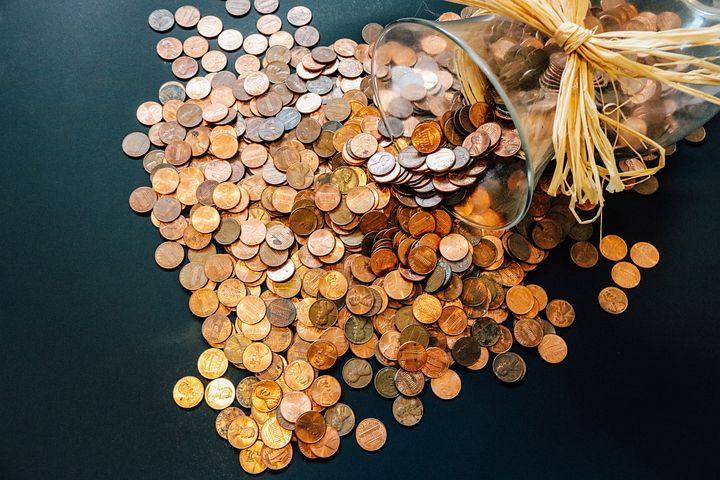How Do I Calculate My Taxes? part 1
Even Albert Einstein agrees that one of the hardest things to understand is income tax, but it does not have to be for you. The simple definition of tax is a mandatory contribution from every actively working and earning citizen or active and earning business to the government. This money is used in developing and building infrastructure, and generally, building social amenities to improve the life of citizens. In developing nations, citizens grumble about the burden of taxes, because they do not feel the impact of the taxes that they pay. Also, because these countries are still developing, they do not have a system that curtails multiple taxes and excessive taxes.
Taxes are paid to local, state, and federal governments from your income, as a worker or an employer of labor. in some countries, those who earn minimum wage are exempted from tax. In countries like the US, minimum wage earners are not exempted from tax. The federal minimum wage in the US is $7.25 per hour. And if you work for 40 hours a week, all through the year, your federal tax is 12% of your total income. And depending on the state you live in, you are also subjected to some percentage of state tax.
In Europe, the contributions of taxes from minimum wage earners range between 2% and as high as more than 27% of total income. Countries like Nigeria, Austria, Finland, and Denmark, exempt citizens who earn minimum wage from paying tax. Most people do not have to pay their taxes to the government body in charge of taxes themselves, because they already pay it from their payroll, as taxes are withheld from payrolls.
The percentage of tax you pay depends on the country you work and live in and the income you earn. But what is most important is that you know how to calculate it.
How is Tax Being Calculated in The USA
Every country has different ways of calculating taxes. For example in the USA, there is a portion of income that is not subject to tax, and it is called standard deduction. According to the IRS, the standard deduction for 2024 is $14,600 for individuals, $29,200 for joint filers, and $21,900 for heads of households.
Say, for example, your total annual salary is $150,000 and you have an investment that brought you any interest or capital gain on assets that you have held for more than a year, you add it to your salary to get your total gross income. Then deduct the sum of the standard deduction that applies to your situation. After the standard deduction, the amount left is your taxable income.
Now subtract the amount you earned on capital gain from your taxable income. This is because your capital gain will be taxed differently. The percentage to tax your capital gain depends on several factors; how long you have held the assets, the type of asset, and your ordinary income tax bracket, which can range from 0-37%.
Next, calculate the percentage that applies to your taxable income less the capital gain, based on how much you earn and what category you are filing; if you are filing as an individual, head of household, or jointly as a married couple. To determine your tax percentage at 10% on the first $19,900: $19,900 * 0.10 = $1,990 what percentage of your income will be taxed, calculate from the lowest rate. For example, Tax at 10% on the first $19,900: $19,900 by 0.10 = $1,990.
Add the result from the capital gain tax and the taxable income, which becomes your total tax before credit. subtract the child credit for every child you have and the final sum becomes your net tax.
Every country has its method and formula for computing tax and they differ. We will cover as much as we can.






